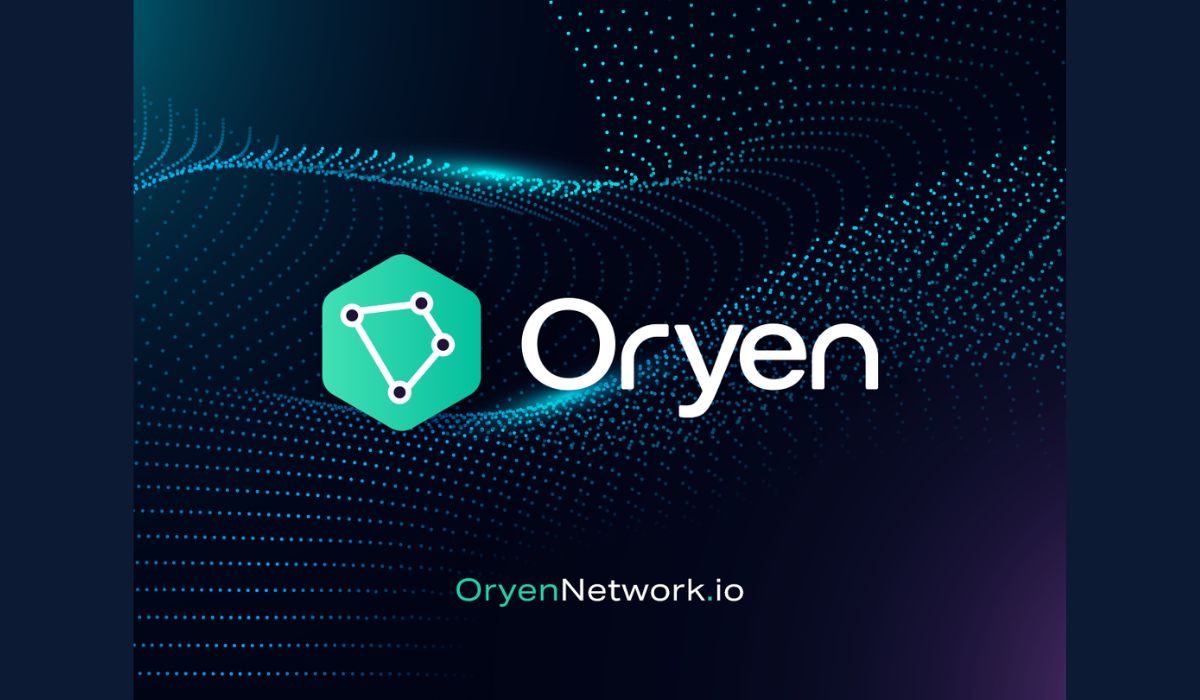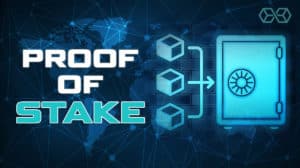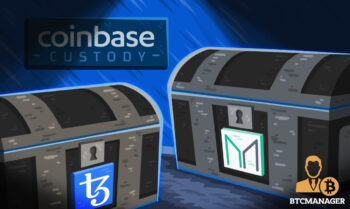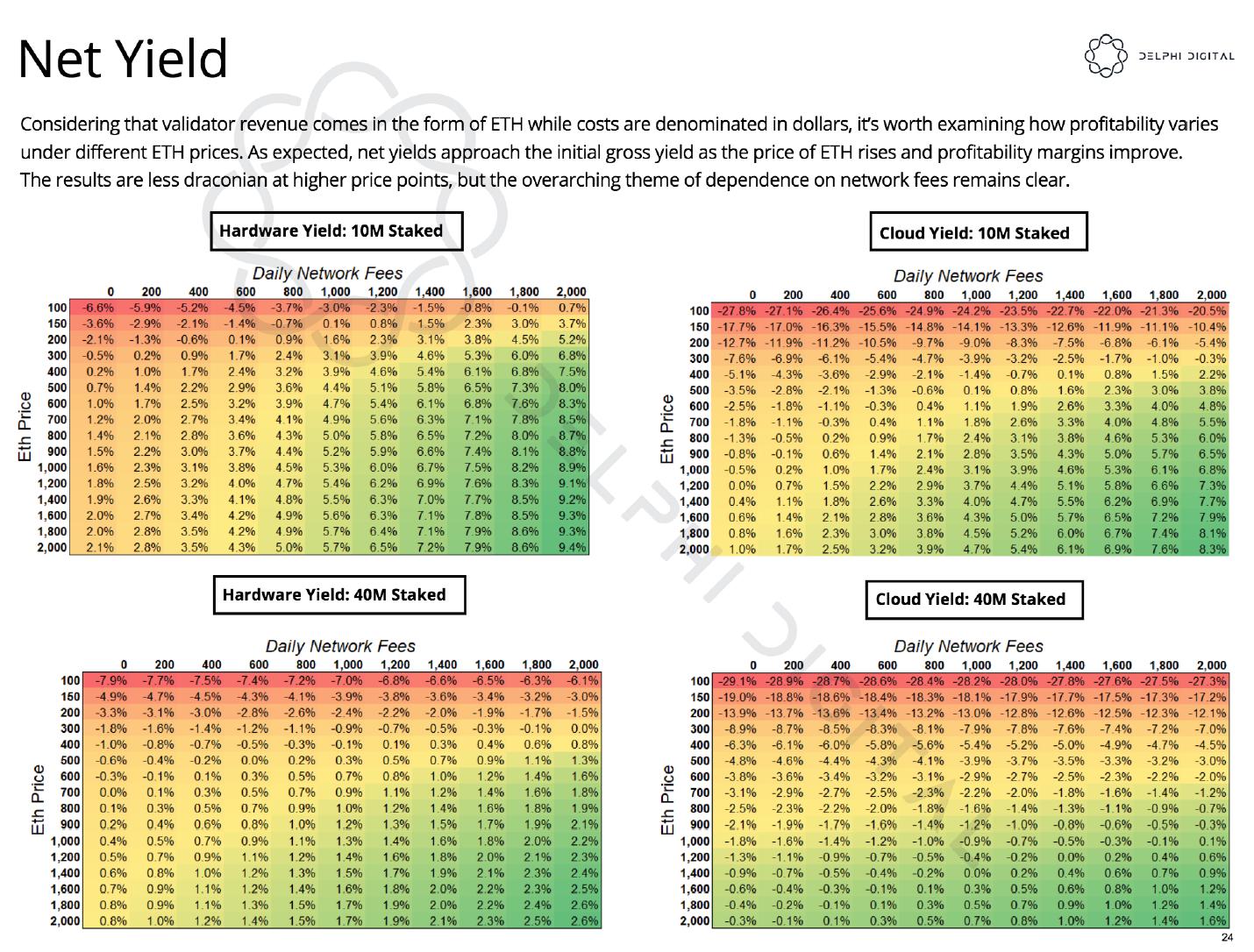2023-2-8 17:32 |
Staking is one of the most fundamental features of the modern crypto ecosystem. Not only does it earn passive income on your investment, it also allows you to participate in protocol governance. Over this past year, we have seen multiple staking platforms like Celsius and BlockFi go bust for various reasons. However, unlike these platforms, staking in Qtum is risk-free since you retain control over your coins.
What is Qtum?The founders of Qtum built and deployed the blockchain with a unique proposition “Bitcoin’s security – Ethereum’s functionality.” This is made possible by adopting Ethereum’s gas model, designed to refund unspent gas fees and utilizing the Bitcoin blockchain’s unspent transaction output algorithm for initiating coin transfers.
Since its launch in 2017, Qtum has been using the proof-of-stake (PoS) consensus mechanism. Nodes may lock up their QTUM tokens in the network directly or delegate them to someone else to stake new blocks successfully.
Staking in QtumQtum has a flexible staking system that allows both online and offline staking.
Online stakingStaking online means you are directly running the staker and validating blocks yourself. To participate, you must download the Qtum Core wallet and sync it with the entire blockchain. Or you can become a Super Staker and stake for other wallets and get rewards by getting a percentage for every block you successfully validate.
Offline StakingOffline staking allows all holders to delegate their non-staking wallet address to a Super Staker without giving up control over their coins and privileges. In addition, this will enable users who may not have the time or resources to be an online staker to still participate in network consensus.
But wait, isn’t staking risky?If you have followed all the horrifying “crypto contagion” related news, you would be wary of staking. Platforms like Celsius and BlockFi, offering high staking rewards and guaranteeing low risks, have all gone caput. With the benefit of hindsight, there were some obvious red flags:
These companies offered impossibly high rewards. If it sounds too good to be true, then it probably is. Staking in these companies meant giving up control of your coins. Several people lost their life savings when these companies went bankrupt.The real problem here is that the decentralized ethos of crypto got mixed up with shady centralized entities. Of course, this shouldn’t have been the case in the first place.
So, how is staking in Qtum different?The core difference is that when you are staking in Qtum, you are staking in a protocol, not a centralized company. You still own your coins, and they stay in your wallet. Even when you delegate QTUM to a Super Staker. You may remove your stake any time you want.
In addition to staking, Qtum also supports yield farming through QRC tokens, which allows users to earn rewards for providing liquidity to the network. This enables users to earn returns on their investments by participating in the growth and development of the Qtum network. In this case, too, users retain full ownership of their tokens.
Closing VerdictOverall, Qtum provides an interesting option for those looking to participate in staking and yield farming. Still, it’s important to be aware of the risks and do proper research before investing.
Сообщение Crypto mining done right – QTUM offline staking появились сначала на Coinstelegram.
origin »Bitcoin price in Telegram @btc_price_every_hour
Emerald Crypto (EMD) на Currencies.ru
|
|



















